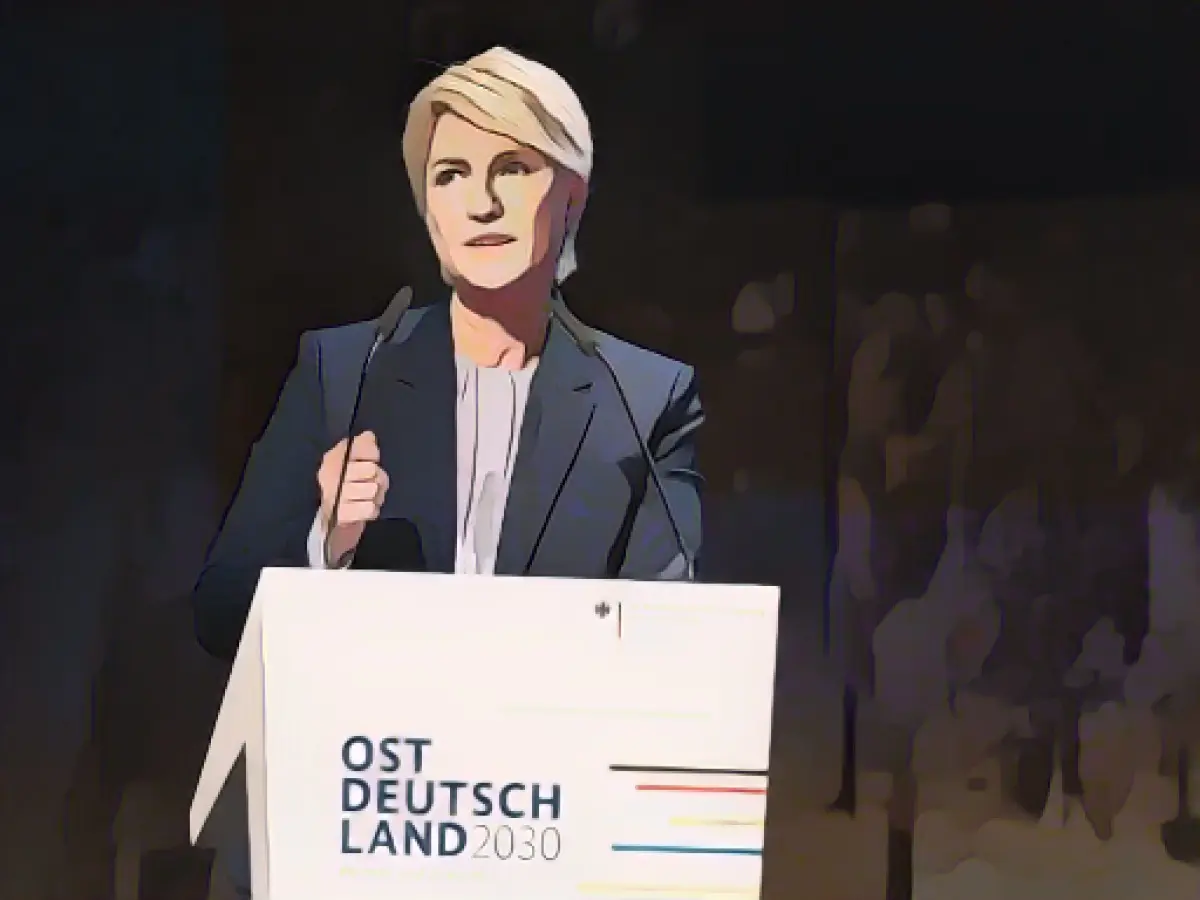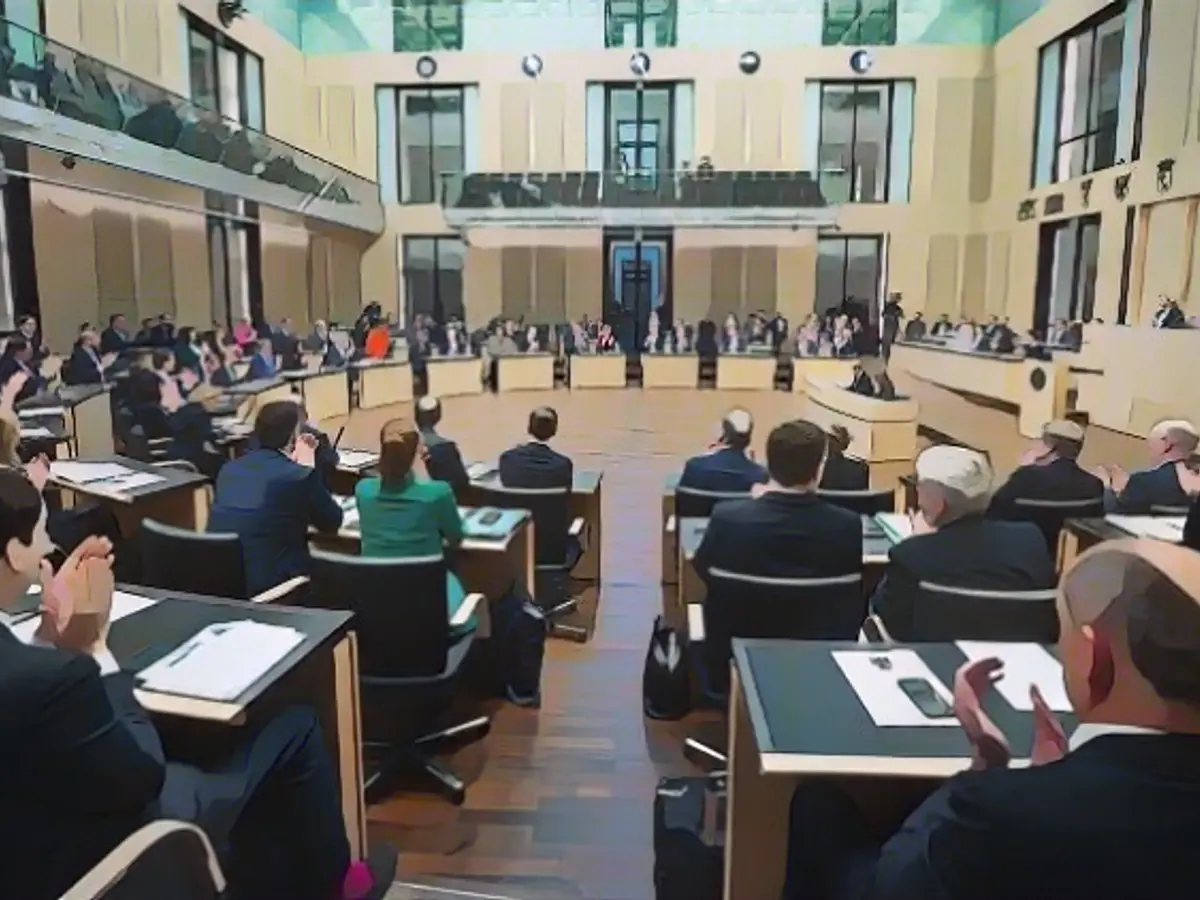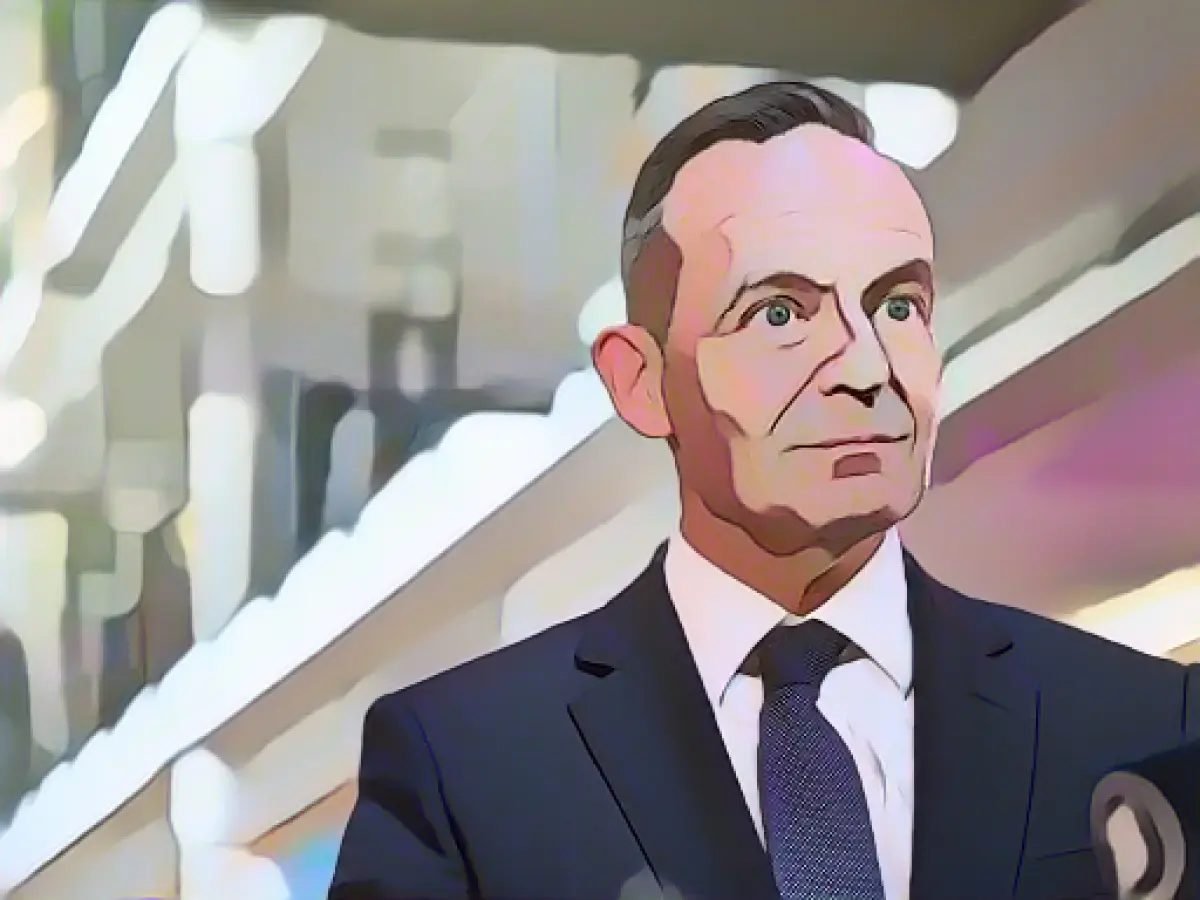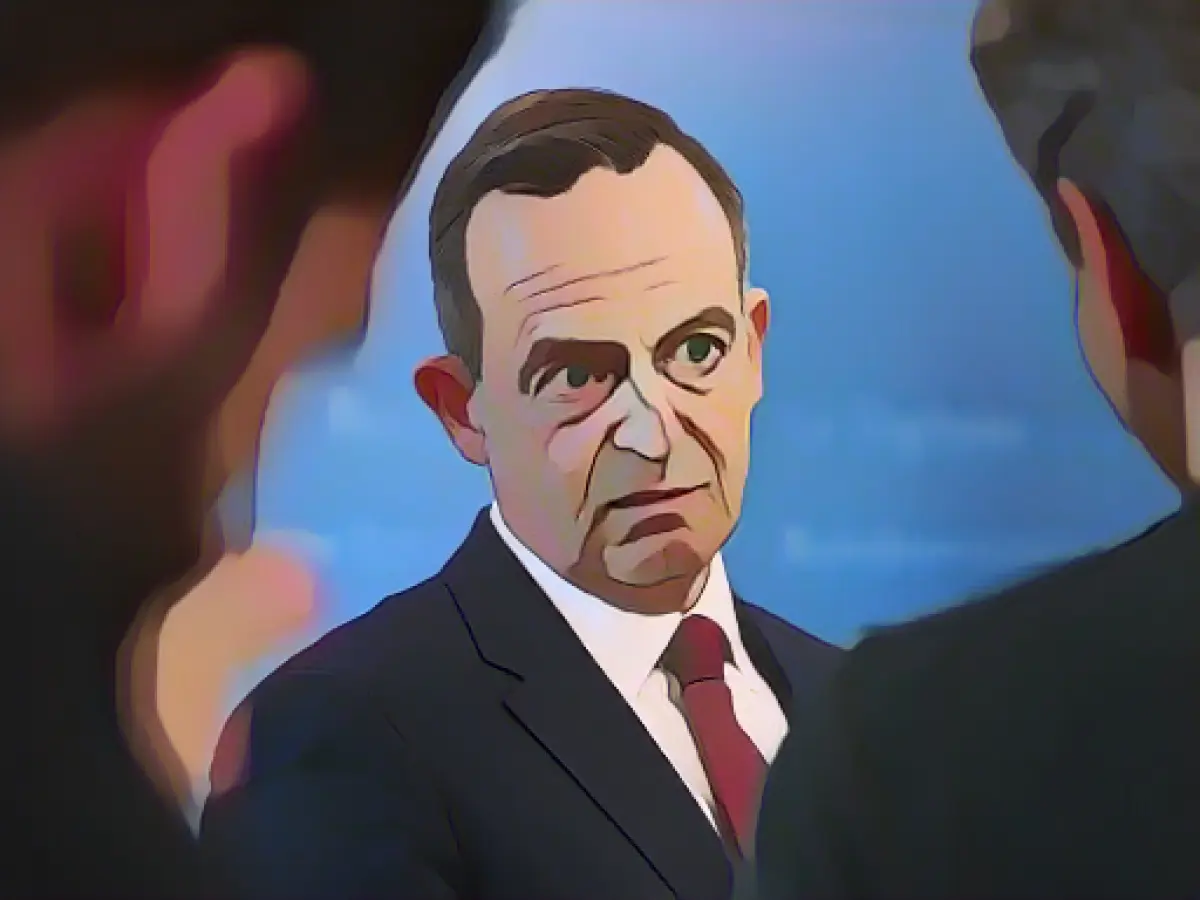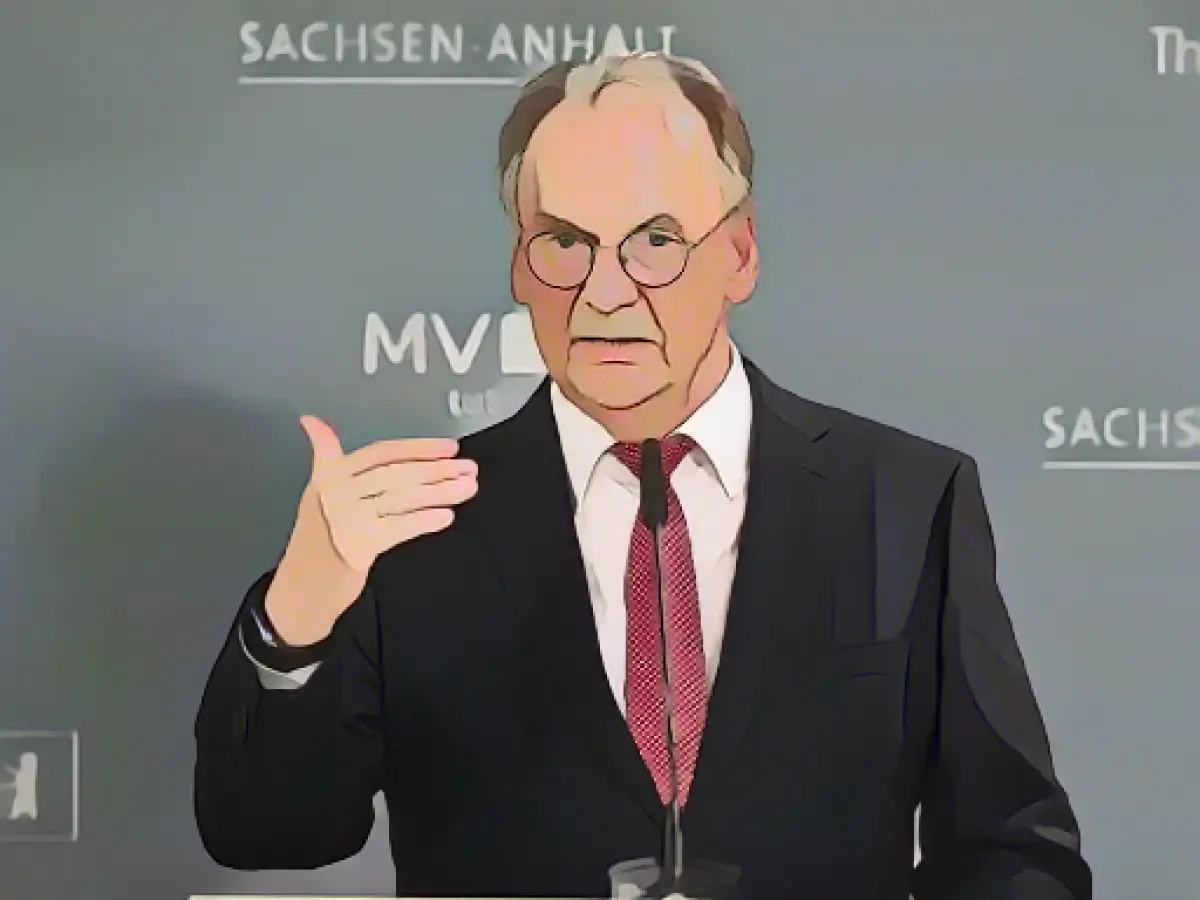Manuela Schwesig's Inaugural Speech as Bundesrat President
Starting her day in the spotlight, Mecklenburg-Western Pomerania's Minister-President, Manuela Schwesig (SPD), will deliver her inaugural speech as President of the Federal Council on Friday, 9 a.m. Notably, she will discuss pressing issues like anti-Semitism and the importance of fostering compromises within the framework of democracy.
Accompanied by French Senate President Gérard Larcher, Schwesig will engage in discussions on Franco-German relations, also emphasizing the potential for closer economic collaboration between France and eastern Germany. In a previous announcement, Schwesing revealed her commitment to prioritize East Germany during her tenure as the Bundesrat President.
As the festive season approaches, a traditional nine-meter-high coastal fir tree from MV will light up the Bundesrat building's entrance. Hailing from Stralsund, this majestic tree symbolizes the state's cultural heritage and the changing of responsibilities among the Presidents of the Federal Council.
Ensuring her regional focus remains at the forefront, Schwesig intends to discuss and foster economic cooperation between France and eastern Germany during her tenure as Bundesrat President. By prioritizing regional initiatives, Schwesig could pave the way for joint projects between Mecklenburg-Vorpommern and French regions. Additionally, Schwesig vantage point might spark bilateral agreements on education, research, and innovation.
Moreover, by facilitating exchanges of cultural heritage between Mecklenburg-Vorpommern and French regions, Schwesig could foster a stronger sense of camaraderie between the two nations. These collaborations could help lead to more robust France-Germany relationships and long-lasting economic harmony.
While Schwesig holds power as a state leader, her impact extends beyond the borders of Mecklenburg-Vorpommern, playing a role in broader regional and national issues. By accelerating development and growing the economy, Schwesig can generate opportunities for collaboration with French regions. Furthermore, Schwesig might engage in bilateral agreements and promote cultural exchanges which ultimately bolster Franco-German relationships and economic cooperation.
